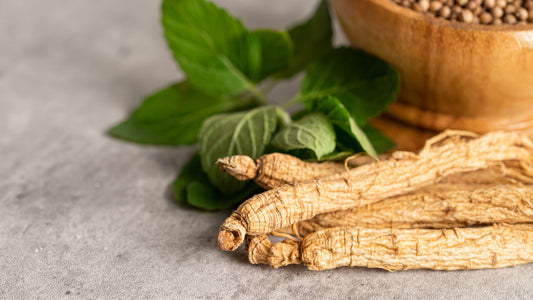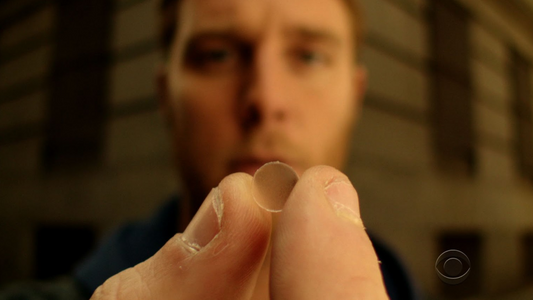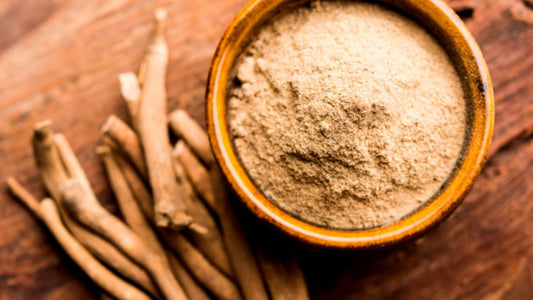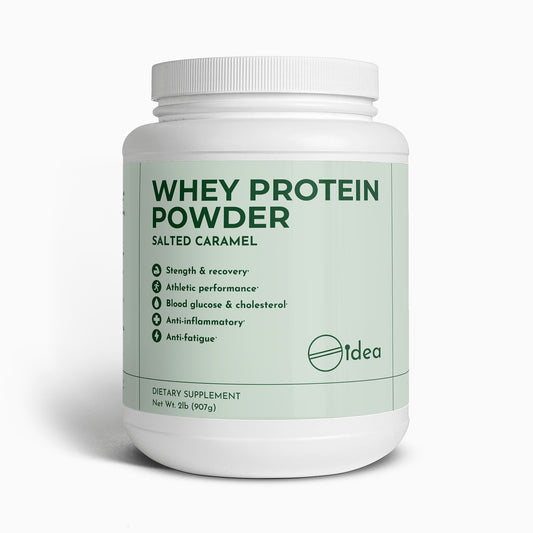
Can Ashwagandha and alcohol be combined? There may be some benefits, but also some risks to consider – so better don't mix them. This article explains why. Both substances have a few similar effects on the body, with increased sleepiness, liver strain, and unpredictable outcomes possible.
It's important to know the dangers before taking it with alcohol. These hazards will be discussed in this article along with any possible (albeit unlikely) advantages.
Ashwagandha and Alcohol: Potential Effects and Interactions
The alcohol and ashwagandha combination is not without risk. Making safe decisions requires knowing how they can interact with your body.
Sleepiness and Sedation
Ashwagandha and alcohol both contribute to a state of relaxation. Combining them might intensify drowsiness, making it risky to handle machinery, drive, or make critical judgments. If you already feel sleepy or are taking other medications that make you drowsy, this risk rises.
Liver Strain
Your body's primary detox organ is your liver. Sadly, it must put forth extra effort to process alcohol and ashwagandha. Consistent combination use may overstress this vital organ and raise your chance of developing liver issues down the road. [Source]
Changes in Blood Sugar
Ashwagandha may be able to assist in controlling blood sugar levels. Conversely, alcohol consumption can result in blood sugar drops as well as rises. Combining these drugs may cause fluctuations in blood sugar, which could be problematic if you have diabetes or any other blood sugar instability and put you at risk for health issues.
Understanding these potential interactions is crucial. If you decide to drink alcohol while taking ashwagandha, proceed cautiously and better in small quantities. It is always advisable to speak with your doctor, particularly if you have any underlying medical issues.
Weighing Risks vs. Potential (Limited) Benefits

There are rumors that ashwagandha helps lessen the bad effects of alcohol. Even if there hasn't been much research done in this field, it's crucial to treat these statements with a grain of salt.
Anxiety Reduction
According to research, ashwagandha can lessen anxiety. This could provide a little protective effect against "hangxiety" that sometimes ensues after a night of drinking. But abusing alcohol to relieve anxiety is a risky course, and ashwagandha isn’t a cure for all anxiety-related problems.
Limited Hangover Support
The anti-inflammatory qualities of ashwagandha may, in principle, offer very mild relief from certain hangover symptoms. However, don't anticipate miracles — no scientific data suggests it can heal hangovers.
Emphasis on Moderation
The bottom line is that minimizing your alcohol intake is the most effective way to reduce the risks we've discussed, regardless of whether you're taking ashwagandha or not. If you decide to drink, use moderation and small amounts of alcohol.
It's important to keep in mind that taking ashwagandha doesn't give you free rein to consume alcohol. Put your long-term health first and think about more sustainable, healthy approaches to stress and anxiety management. There isn't any scientific proof that it works as a hangover remedy.
Is Ashwagandha a Viable Alcohol Detox Aid?

Scientific Verdict
Although ashwagandha is recommended for alcohol detoxification by certain websites, there isn't enough data at this time to back up this claim. Alcohol detoxification can be a difficult process that frequently needs medical care to handle withdrawal symptoms safely and effectively.
Holistic Support
That said, ashwagandha could play a supportive role in your overall recovery journey after detox. Ashwagandha may help with the stress and sleep disturbances associated with alcohol withdrawal. It might obliquely aid in a quicker recovery by encouraging restful sleep and assisting with stress management.

Idea Supplements' Organic Ashwagandha, with its stress-reducing properties, may contribute to a smoother recovery process when combined with healthy habits.
Important Reminder
Never attempt an alcohol detox by yourself. It's critical to seek professional assistance services if you or someone you know is experiencing alcohol dependence. Ashwagandha should not be used in place of medical care; it is a supplement.
FAQs for Responsible Decision-Making
Can someone who occasionally drinks alcohol take ashwagandha?
While there's no blanket answer, be aware of potential interactions. Occasional, very moderate alcohol use may be less risky, but caution is crucial. Consulting your doctor is always advisable, especially if you have health concerns or take medications.
Is Ashwagandha beneficial for hangovers?
There's no strong evidence to suggest it's an effective hangover remedy. Prioritize hydration, rest, and nourishing food for hangover recovery instead.
Does ashwagandha help lessen alcohol cravings?
There's limited research in this area. While ashwagandha's stress-reducing properties might indirectly help manage cravings, it's not a substitute for professional treatment if you struggle with alcohol dependence.
Are there supplements/medications I shouldn't take with Ashwagandha if consuming alcohol?
When in doubt, always get your doctor's advice about any possible interactions between alcohol, prescription drugs, and supplements. Since combining drugs can have unexpected results, expert advice is essential.
How long should I wait before taking ashwagandha after drinking alcohol?
Nothing is set in stone. Reducing overlap as much as possible is ideal. Make your general well-being a priority and think of better, alcohol-free ways to decompress.
The Bottom Line: Prioritizing Health

It is advised against combining ashwagandha and alcohol as there are very few, unresearched advantages and some hazards. It's generally advisable to steer clear of combining them whenever you can.
Ashwagandha is an excellent daily supplement for lowering stress, promoting better sleep, and building resilience in general. This kind of self-care automatically lessens your need for unhealthy coping strategies, such as binge drinking.



